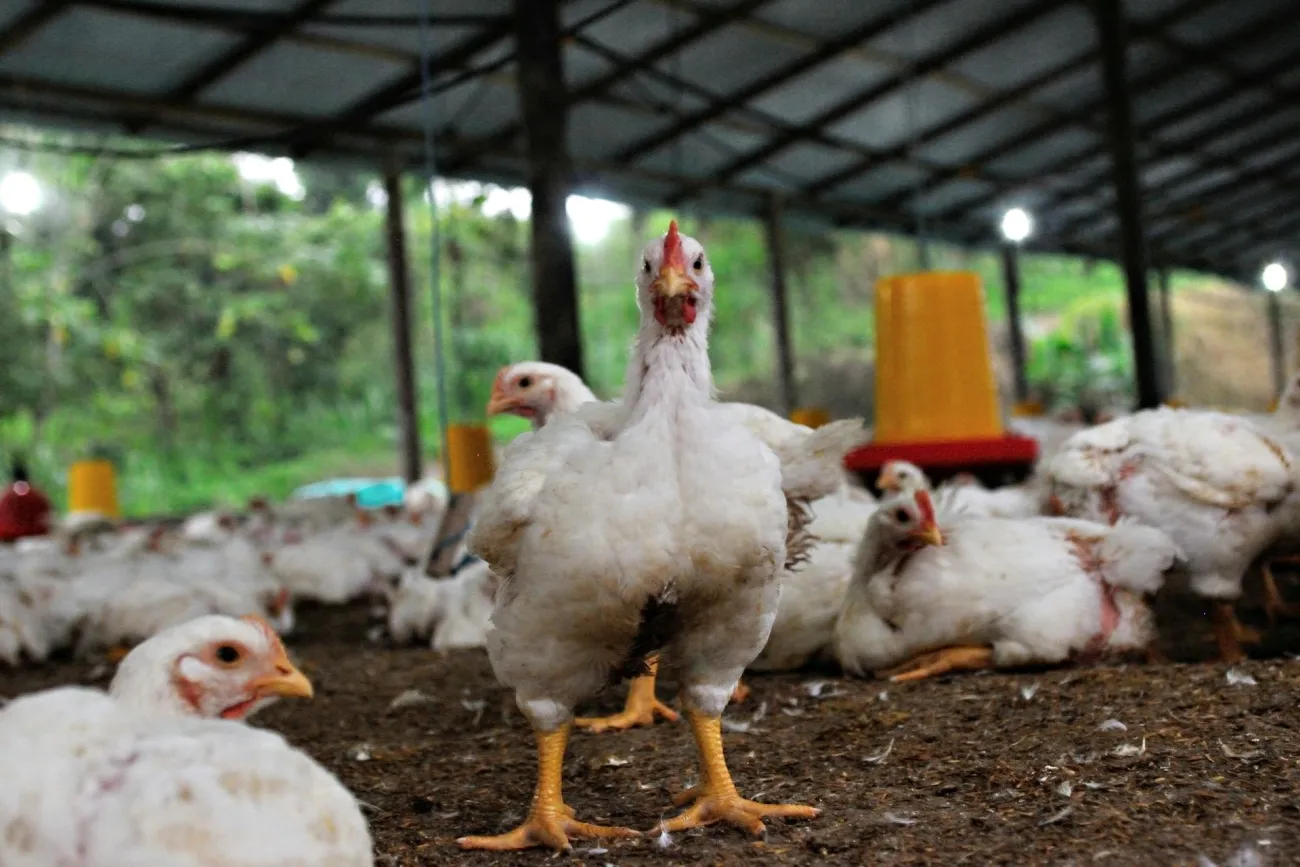The Food System Economics Commission, an independent economic commission comprising experts on climate change, health, nutrition, agriculture and natural resources, has released a global policy report which maps the impacts of two possible futures for the global food system.

Summary
The authors of this report frame the importance of addressing global food systems issues by noting that transformation of food systems is needed, possible, and has potential economic benefits. Following a four-year investigation of economic modelling, literature reviews, and case studies, the report identifies the elements required for a complete transformation to an inclusive, health-enhancing and environmentally sustainable global food system. It further confronts the challenges of negotiating between diverse stakeholders. These challenges include unequal power distribution between stakeholders, varying interests for what a future transformation looks like, and a history of uncoordinated and disjointed efforts in the past. The report highlights practical ways to disentangle barriers to change and create actionable strategies to achieve this transformation.
A key finding of this report is that there are potential economic benefits to be gained from a future pathway that the report deems the ‘Food Systems Transformation’ (FST). The report finds that at least 5 trillion USD per year of unaccounted health, environmental, and structural poverty costs could be reduced compared to current trends. It notes that their estimated cost of 200-500 billion USD per year to achieve this transformation, is low compared to the potential cost savings that would arise.
The report sets out five broad priorities for guiding national food system transformation strategies
- Shift consumption patterns towards healthy diets by improving access and conducting research on effective policies
- Reorient incentives by repurposing existing government support for agricultural productivity towards activities which don’t have negative environmental impacts
- Reset incentives by targeting revenue from new taxes of carbon and nitrogen pollution to support the food system transformation
- Innovate to increase labour productivity and workers’ livelihood opportunities through, for example, better plant-breeding technologies for low- and middle-income countries and technologies useful for small farmers
- Scale up safety nets to keep food affordable for the poorest through government financial support for children, whose nutrition needs are linked to lifetime achievement.
The report also details likely issues which will require management, including fears of food price rises, job losses, policy silos, entrenched vested interests and global inequalities. The report provides detailed explanations of these issues and attempts to provide coherent ways to overcome them.
Reference
Global Policy Report: Food System Economics Commission, 2024. Food System Economics Commission. https://foodsystemeconomics.org/
Read the full report here and see more from our essay on Feeding the nation, the village, or the world as well as our podcast episode with Sophia Murphy on "Getting the global rules right"




Comments (0)